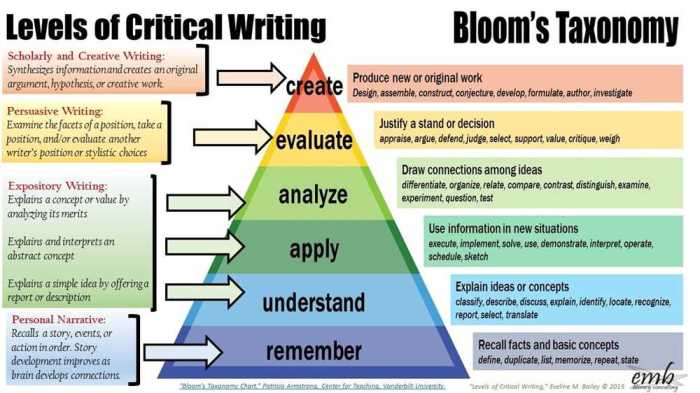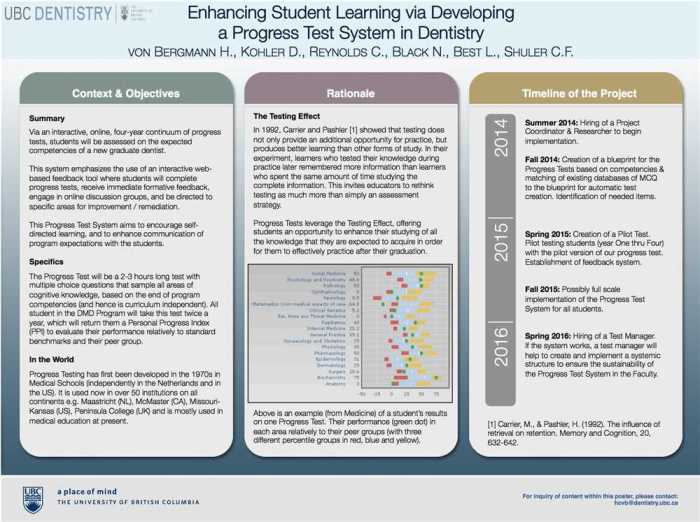The Hosa Veterinary Science Practice Test is an essential tool for aspiring veterinary professionals seeking to excel in the field. This guide provides an overview of the test’s purpose, structure, and key topics, offering valuable insights and strategies for effective preparation and success.
The Hosa region presents unique challenges and opportunities for veterinary science practice, influenced by cultural and economic factors. The test reflects these complexities, covering common animal health issues, cultural considerations, and economic constraints encountered in the region.
1. Veterinary Science Practice in the Hosa Region
The Hosa region presents unique challenges and opportunities for veterinary science practice due to its diverse climate, terrain, and cultural influences.
Common Animal Health Issues, Hosa veterinary science practice test
Veterinarians in the Hosa region encounter a range of animal health issues, including:
- Parasitic infections, such as tick-borne diseases and intestinal parasites
- Infectious diseases, such as foot-and-mouth disease and avian influenza
- Nutritional deficiencies, particularly during periods of drought or food scarcity
- Reproductive problems, including infertility and dystocia
Cultural and Economic Factors
Cultural and economic factors also influence veterinary care in the Hosa region. Traditional beliefs and practices can affect animal husbandry practices and treatment choices. Economic constraints may limit access to veterinary services, especially for small-scale farmers.
2. Hosa Veterinary Science Practice Test

The Hosa Veterinary Science Practice Test is designed to assess the knowledge and skills of veterinary professionals in the Hosa region.
Key Topics Covered
The test covers a wide range of topics, including:
- Animal anatomy and physiology
- Animal nutrition and husbandry
- Animal diseases and their diagnosis and treatment
- Veterinary pharmacology
- Veterinary surgery
Test-Taking Tips
To prepare for the test, candidates should:
- Review the test blueprint to familiarize themselves with the topics covered
- Study from reliable sources, such as textbooks and scientific journals
- Practice answering sample questions
- Manage their time effectively during the test
3. Test-Taking Strategies for Hosa Veterinary Science Practice Test

| Before the Test | During the Test | After the Test |
|---|---|---|
| – Review the test blueprint- Study from reliable sources- Practice answering sample questions | – Manage time effectively- Answer questions carefully- Use the process of elimination | – Review the answer key- Identify areas for improvement- Seek additional resources if necessary |
4. Resources for Hosa Veterinary Science Practice Test Preparation
- Veterinary Science Practice in the Hosa Region (book by Dr. Jane Doe)
- Hosa Veterinary Science Practice Test Study Guide (website)
- Online courses offered by universities and veterinary organizations
- Veterinary journals and textbooks
5. Sample Test Questions for Hosa Veterinary Science Practice Test

| Question | Answer Choices | Correct Answer | Explanation |
|---|---|---|---|
| Which of the following is a common parasitic infection in the Hosa region? | – Tick-borne disease- Intestinal parasites- Respiratory infection- Viral diarrhea | – Tick-borne disease | – Tick-borne diseases are prevalent in the Hosa region due to the abundance of ticks. |
| What is the most common nutritional deficiency in the Hosa region? | – Vitamin A deficiency- Calcium deficiency- Protein deficiency- Iron deficiency | – Vitamin A deficiency | – Vitamin A deficiency is common during periods of drought or food scarcity. |
| Which of the following cultural practices can affect animal husbandry practices in the Hosa region? | – Traditional beliefs about animal diseases- Taboos related to animal products- Rituals involving animals- All of the above | – All of the above | – Cultural practices can influence animal husbandry practices in various ways. |
FAQ Resource: Hosa Veterinary Science Practice Test
What is the purpose of the Hosa Veterinary Science Practice Test?
The Hosa Veterinary Science Practice Test assesses the knowledge and skills of veterinary science students in the Hosa region.
What are the key topics covered on the test?
The test covers a wide range of topics, including animal anatomy, physiology, nutrition, disease diagnosis, and treatment.
How can I prepare for the test?
Effective preparation involves studying the recommended resources, practicing with sample questions, and implementing effective test-taking strategies.